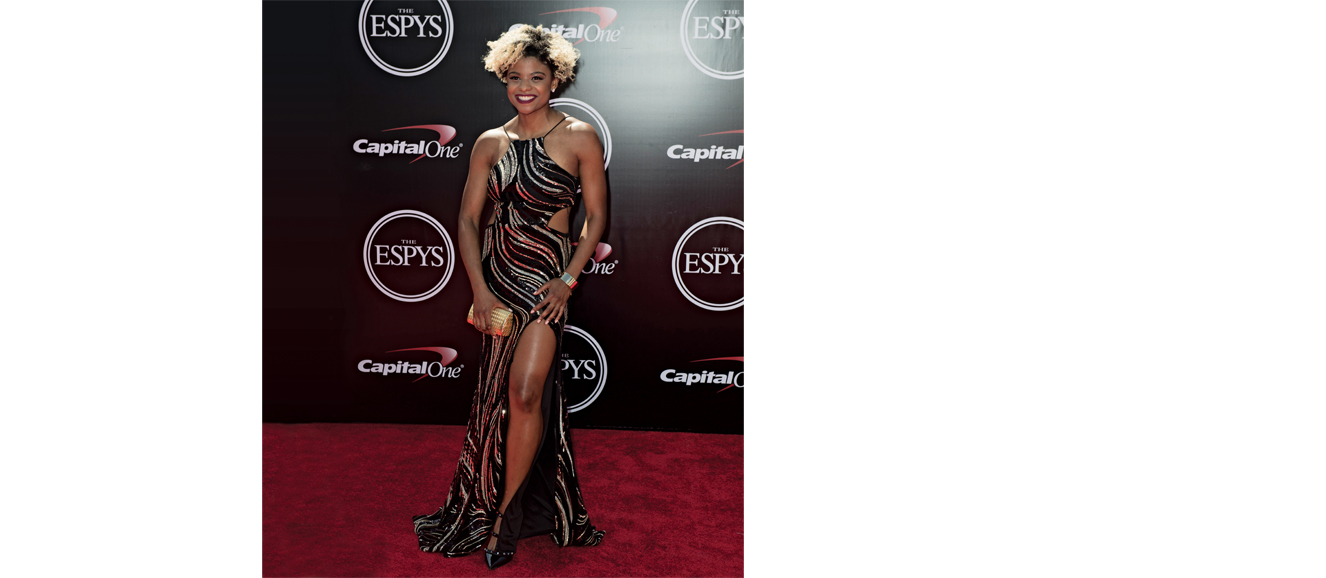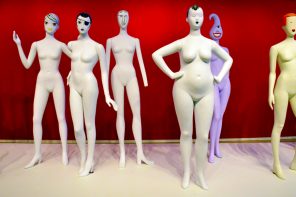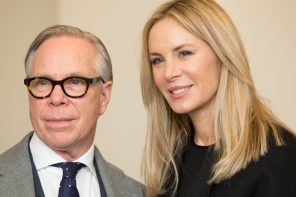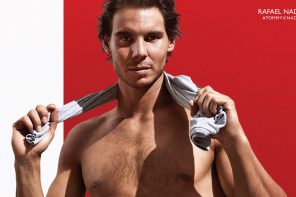Nzingha Prescod is a woman of firsts. An elite foil fencer – No. 2 in the U.S. and No. 10 in the world – who graduated last year from Columbia University with a degree in political science and a concentration in race and ethnicity, Prescod is the first African-American woman to win an individual medal at the Senior World Championships.
WAG caught up with the two-time Olympian and Brooklyn resident as she prepared for the Games in Rio, where she placed 10th in the individual foil competition. Here she talks about her body and the body politic:
What drew you to fencing?
“My mom got me into it when I was 9 at the Peter Westbrook Foundation. I really loved it, because PWF was such a powerful community of successful people like Olympians and world medalists. And the sport was really challenging mentally and physically. Everything fit really well.”
It is said that there’s a sport from every body type and a type for every sport. So how is your own body suited to fencing, and how has fencing shaped your body?
“I’m on the smaller side, but I have a long reach from years of ballet and flexibility, which is helpful for fencing. For fencing, you need really strong quads and I’ve developed those over the years.”
While our society talks a good game about diversity of all kinds in fashion, the female standard remains tall and thin, though with incongruously big boobs and, possibly, a booty. Why do we continue to send out mixed messages about the female body?
“I think it’s just not a genuine effort to be more inclusive on the most elite level and in the most elite circles.”
Women of color, in particular, seem to be in the crosshairs of the fashion police, with Michelle Obama singled out for being too tall and too toned (as if that were a bad thing) and Serena Williams criticized for being too strong-looking (again, as if that were a bad thing). Is this simple racism or are people of color slammed because they embrace a greater array of body types?
“I think it’s racist that for a long time Serena was by far the best women’s tennis athlete but wasn’t the highest paid in endorsements. And it speaks to an unwavering preference for the tall and skinny body type in the media. And that has amounted to not only a constant underrepresentation of black women among those who are portrayed as the beauty ideal (or even just one type of black woman who is considered beautiful — long hair and light skin) but also the more deserving not being paid as much, which is wrong and unfair.”
Why did you decide to pose for ESPN’s 2016 “Body” issue?
“It’s an honor to be selected. And I’m very proud of the body that I’ve developed from 15 years of fencing. My body is my tool, I’m very comfortable with it. Sports and fitness really empower you and boost your confidence. The ‘Body’ issue is a great platform to encourage other women to also be strong and proud of their bodies, especially women who look like me.”
The issue contains athletic nudes as opposed to erotic ones. Still, were you self-conscious? Any awkward moments?
“Maybe a little self-conscious about my boobs being out everywhere. But there weren’t any awkward moments. Everyone was really professional.”
What did posing tell you about your own relationship to your body?
“Seeing photos of yourself in action, without clothes on, is really amazing. I’d never really seen all of my muscles flexing like that. I was like, ‘Wow, I’m stronger than I thought.’”
What kind of cross-training do you have to do to remain in peak form for fencing?
“We compete all year, but when competitions are less concentrated, we do more power lifting (squats, dead lifts, etc.) and strengthening. When we get more into the season, we do more agility, speed, endurance and plyometric work (jump training to increase power).
Fencing is an incredibly elegant sport, right down to the uniform and equipment. What kind of clothing do you favor away from the sport?
“I like casual clothing, nothing too fancy or flashy. I usually prefer the minimalist options.”
And what kind of “body work” — foot or skin care, for instance — do you have to do to keep yourself primed for fencing?
“I make sure I wash my face every day, because I sweat in my mask every day and I’m sure it isn’t the cleanest place. Other than that, nothing major. I think sweating does natural wonders for your skin.”





